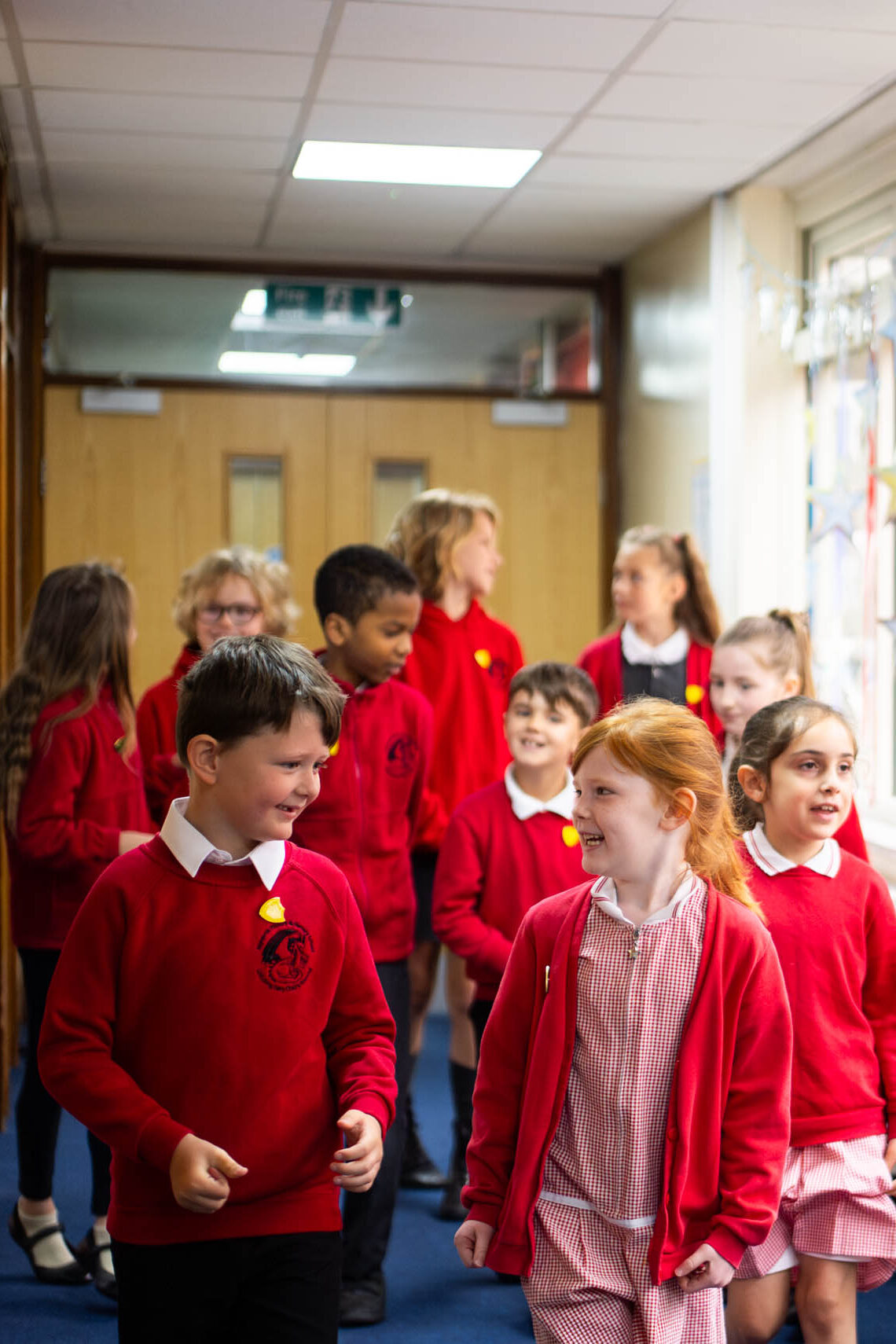
Unlocking Every Child's Potential

Upcoming Events
Explore the upcoming events happening at Keyworth!
Discover
Keyworth
Find out more about our school from our key areas.


Explore the upcoming events happening at Keyworth!
Find out more about our school from our key areas.